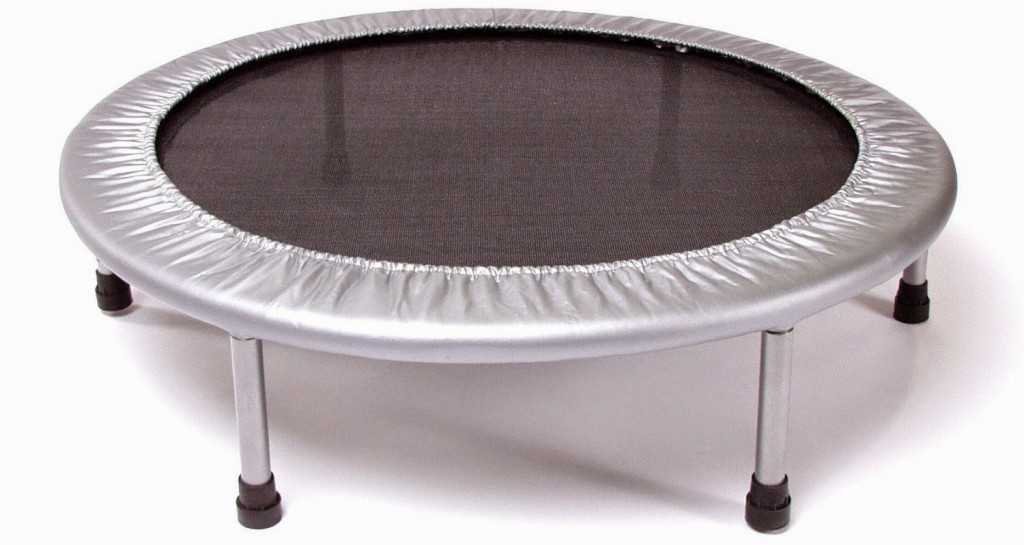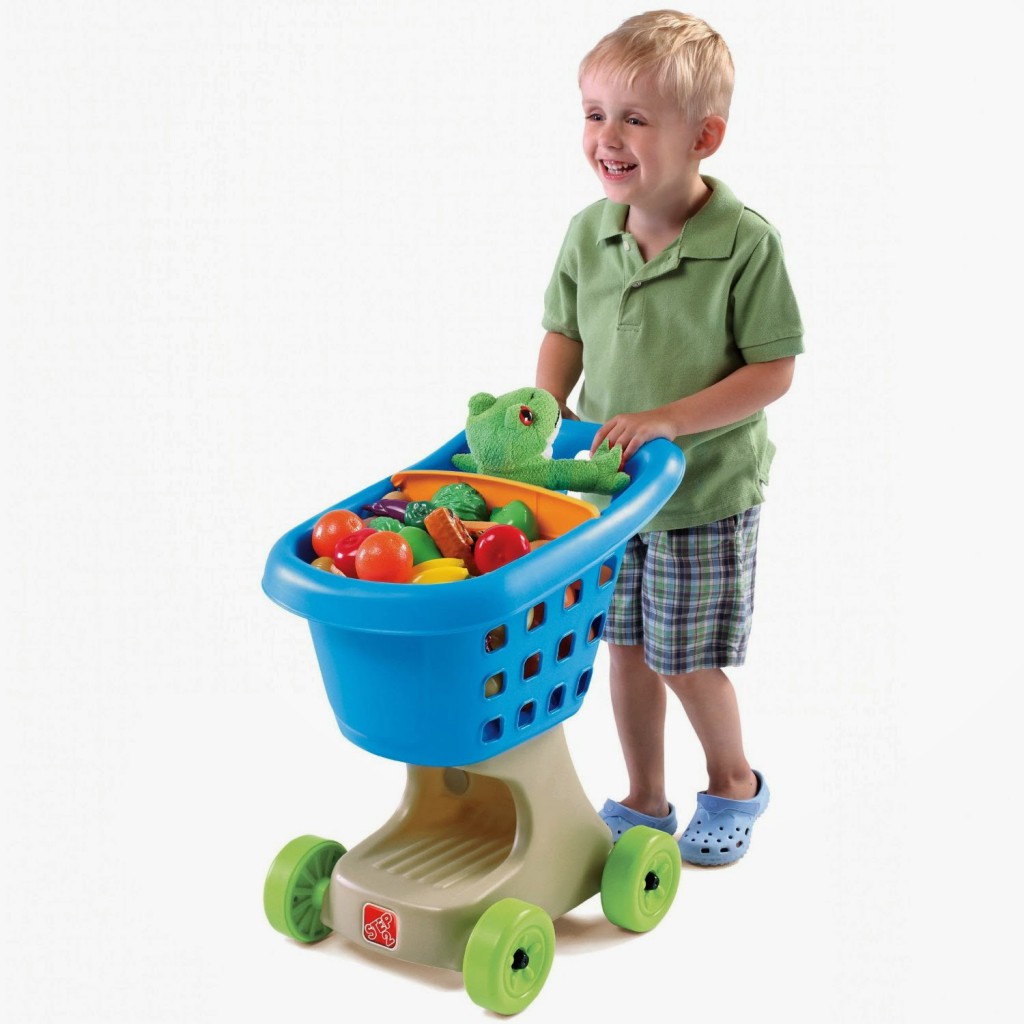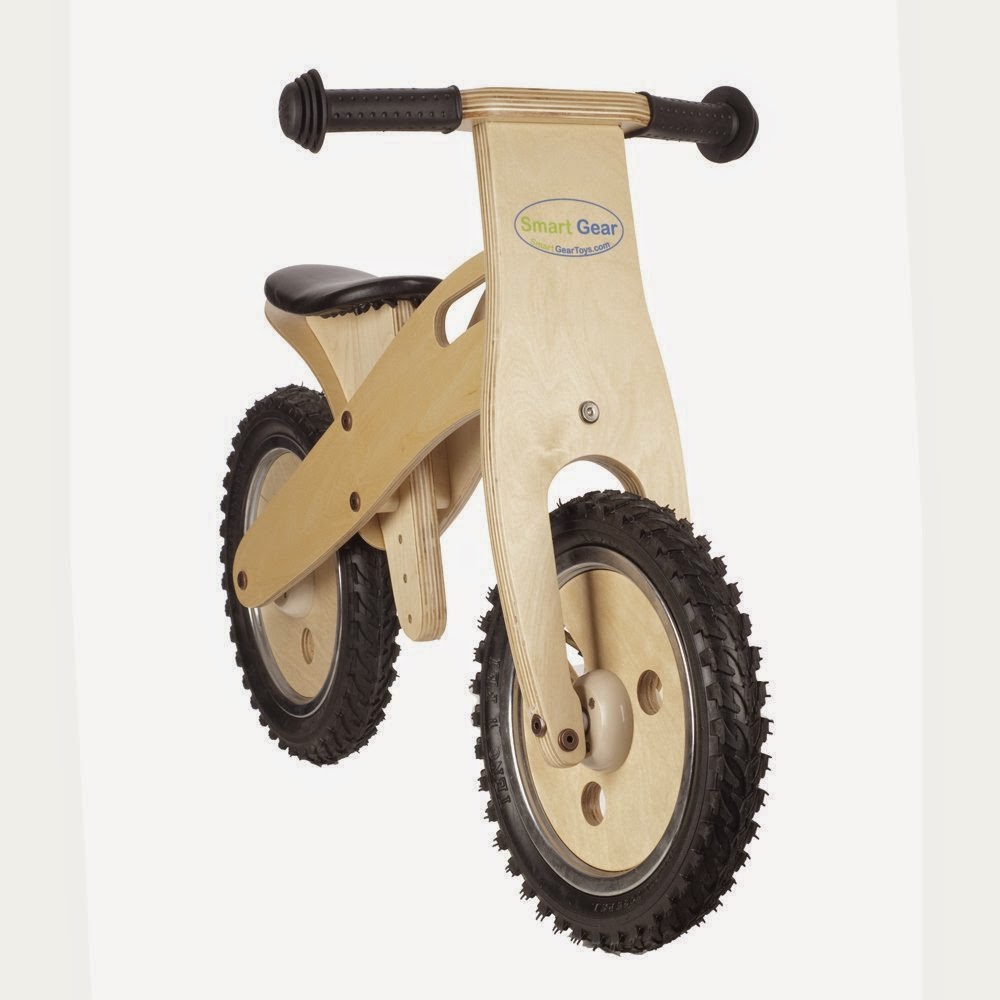 |
| credit: envato images |
Dear Melissa,
The holidays are approaching. Do you have any ideas for fantastic toys that my children will love, but that are also therapeutic?
The season of yearly gift giving has begun! I get this question frequently. Parents want their children to be excited when they open up that shiny package, but parents also want to use this opportunity to provide their children with items that will have some therapeutic and developmental benefit. Fun AND function! For this blog, I took the opportunity to enlist the help of my fantastic colleagues at Children’s Therapy TEAM to create a list of exciting toys that are appropriate for a wide range of abilities. I have also included several links to products on Amazon, simply in order to provide clear examples of my descriptions. Feel free to tailor these recommendations to your child and to your favorite stores. Happy Shopping!
 1) Indoor Mini Trampoline: As a sensory-based OT, this is my “most bang for your buck” item. At around $30 (like this Stamina 36″ folding trampoline), they are the perfect gift-giving price. Please note, the American Academy of Pediatrics is strongly against traditional trampolines due to the high incidence of injuries. I do NOT recommend a standard or even a small trampoline that is traditionally placed outside. My recommendation is for the mini trampoline that can slide easily under your bed, or the small “rebounder” trampoline that has a handle bar for smaller children. They are fantastic for helping children “get their wiggles out” on a cold or rainy day. They also are so helpful for homework breaks, calming, improving attention to task, improving endurance/motor planning, cardiovascular health, etc. This gift is most appropriate for ages 3 years and up.
1) Indoor Mini Trampoline: As a sensory-based OT, this is my “most bang for your buck” item. At around $30 (like this Stamina 36″ folding trampoline), they are the perfect gift-giving price. Please note, the American Academy of Pediatrics is strongly against traditional trampolines due to the high incidence of injuries. I do NOT recommend a standard or even a small trampoline that is traditionally placed outside. My recommendation is for the mini trampoline that can slide easily under your bed, or the small “rebounder” trampoline that has a handle bar for smaller children. They are fantastic for helping children “get their wiggles out” on a cold or rainy day. They also are so helpful for homework breaks, calming, improving attention to task, improving endurance/motor planning, cardiovascular health, etc. This gift is most appropriate for ages 3 years and up.2) Balls: Baseballs, basketballs/basketball sets, dodgeballs (pictured left), playground balls and t-balls are all great. Holly Hill, a pediatric Physical Therapist at Children’s Therapy TEAM, loves ANY type of ball because they serve to get children outside and moving their bodies. They help with gross motor skills, eye-hand coordination, and overall physical fitness. Depending on the ball, they are most appropriate for children who are 18 months and up.

3) Shopping Cart: Danielle Cunningham, another pediatric Physical Therapist at Children’s Therapy TEAM, had this marvelous idea for emerging walkers. The shopping cart (such as the Step II Little Helpers Shopping Cart pictured right) fosters social and pretend play skills! You can either purchase additional pretend play food items or simply use cans and boxes from the pantry. This toy is most appropriate for children aged 10 months to 5 years (with older children generally using this item more for social skills rather than gross motor skills).
 4) Bikes/trikes/scooters: Again, our TEAM PTs love anything that encourages a child to go outside and play! Both Holly and Danielle think that the holidays are the perfect time to splurge on the vehicle that is most appropriate for fostering the next stage of your child’s gross motor development. When children have items that make them excited to be outside, they will naturally spend more time working on their strength, endurance, and coordination. Think “ride on” toys like balance bikes (pictured left), tricycles, 3-wheel scooters, plasma cars and bicycles with/without training wheels. You get
4) Bikes/trikes/scooters: Again, our TEAM PTs love anything that encourages a child to go outside and play! Both Holly and Danielle think that the holidays are the perfect time to splurge on the vehicle that is most appropriate for fostering the next stage of your child’s gross motor development. When children have items that make them excited to be outside, they will naturally spend more time working on their strength, endurance, and coordination. Think “ride on” toys like balance bikes (pictured left), tricycles, 3-wheel scooters, plasma cars and bicycles with/without training wheels. You getthe idea. These items are most appropriate for children 1 year and up.
5) Pretend play toys: Connie Clark, a veteran Children’s Therapy TEAM Speech Therapist, loves doll houses, barns (pictured right), tea sets, puppets, etc. because of their ability to encourage pretend play skills. They also foster expressive and receptive language skills when an adult or older children play with the youngster. These types of toys are most appropriate for ages 12 months to 5 years.
6) Art supplies: Markers, pens, paints, crayons, chalk, clay, play-doh, glue, glitter, sequence, googlie eyes, construction paper…the list goes on and on. The great thing about art supplies is that you can obtain these in the dollar section of many stores or go more high-end with various extravagant art kits. Art supplies foster fine motor skills and creative thinking skills while decreasing sensory defensiveness. An added bonus: you have cute little projects to hang on your refrigerator! Different types of art supplies can be appropriate for ages 18 months and up.
7) Recordable toys: Paige Funkhouser, Children’s Therapy TEAM Speech Therapist, loves any toys that allow a child to record his/her voice (like this Talking Tom Product). It can help a child learn to speak up, find power in his voice and articulate. There are innumerable little toy creatures and apps out there right now that fit this description! Personally, my own 4- year-old is eyeing the talking birds. Have fun with this one! These toys are typically most appropriate for ages
2 years – 13 years.
2 years – 13 years.
What beloved toys do your children have that foster developmental milestones?
Please share!
Please share!
You can send your ideas and questions to share@ChildrensTherapyTEAM.com
Resources:
A Pediatric Occupational Therapist’s Favorite Toys, Kara Corridan, Parents.com
Best Toys for Toddlers, MamaOT.com
An Occupational Therapist’s Favorite Toys for Every Age, Grow Thru Play, LLC


